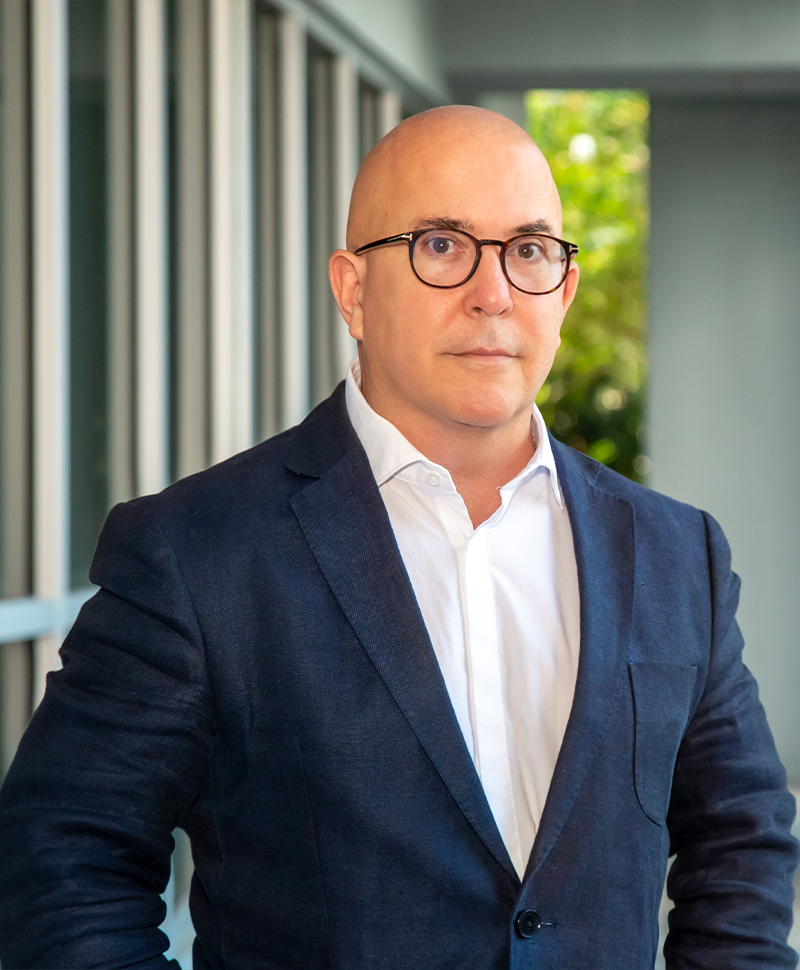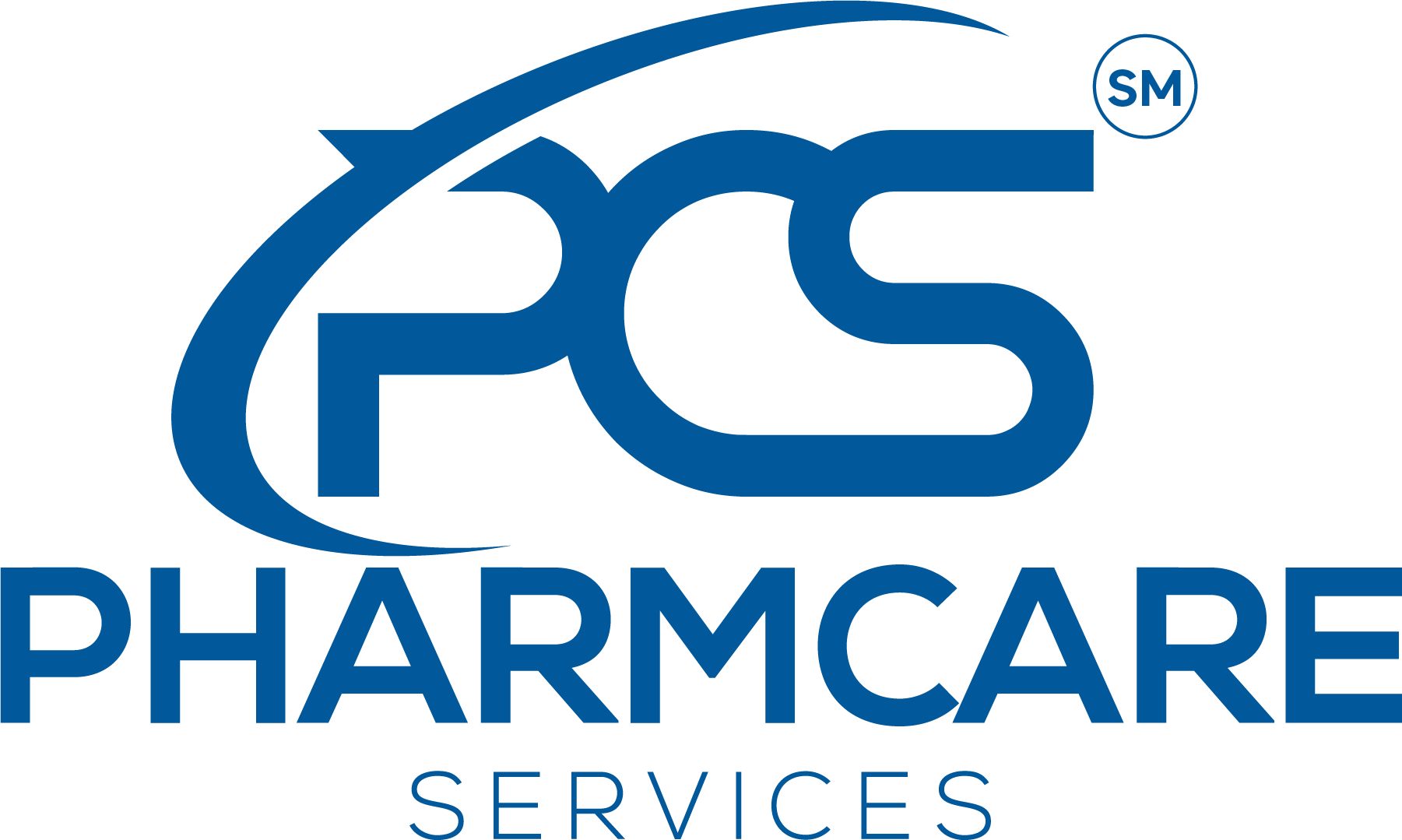
After 60 days at PCS, I consider my discovery and induction phase concluded. My first conclusion is that PCS is definitely more than just a medication supplier.
Here, I’ve learned about the value and effort behind the procurement and coordination of medication deliveries, and how much can be done to improve the interaction between providers and payers. I’ve witnessed how a company like ours can not only assist but also optimize pharmacy benefits for the end customer and the payer in terms of quality and cost control.
It’s remarkable how much untapped knowledge exists to benefit customers in terms of adherence techniques and understanding their treatment. Opportunities for savings, benefit optimization, and ensuring treatment quality authorized by a payer are often missed. Hence, strategic alliances between Specialty Pharmacies and payers have become almost essential in today’s landscape. Successful examples of such alliances already exist, and their strengthening and expansion should be one of our aspirations for the coming years.
The diversity of services I’ve discovered in this company makes me blush at how little I knew and utilized them when I was on the payer side. For instance, the post-delivery support: timely interpretation and counseling on side effects or adverse reactions, understanding interactions with other medications the patient is taking, and guidance from specialized physicians who instill trust and provide support during treatment. Similarly, I’ve come to realize that there hasn’t been sufficient emphasis on planning and ordering treatment well in advance, which hampers our ability to offer better prices and, in some cases, even greater reliability in the delivered product.
I’ve also discovered the Compounding Pharmacy, a true hidden gem. This is an area that professionals in the field have underexplored, offering personalized medicine of a high level of quality tailored to each patient’s needs. PCS is actively working in this field, exemplified by our compounding pharmacies in Ecuador and Brazil. These pharmacies have much to offer functional physicians addressing a range of conditions, from immunological diseases and nutritional disorders to wellness, balance, and hormone supplementation. PCS is currently making an extra effort to train and educate physicians in this specialty.
Placing the patient at the center is not just a statement of principle; it involves adapting healthcare services to ensure that access to all care providers is as close as possible to the patient, meeting their needs with the highest level of quality, agility, and resolution in the shortest possible time.
Therefore, PCS offers home care services at the necessary level of complexity, including the provision of medication, equipment for its administration, and the presence of healthcare professionals who administer it. This is another underutilized area that uniquely contributes to closing the circle of care for a patient.
In our effort to create an efficient circle of care around the patient, PCS is expanding into the creation of infusion centers that optimize the benefits related to this service. These centers extend the standards of the National Infusion Center Association (NICA) to care centers created in the residences of our Latin American customers. The first of these is about to be inaugurated in the Dominican Republic, where we believe it will set a milestone in this type of service. This is not only necessary for oncology patients but also for a diversity of entities attended by different specialties, all of which share the intravenous administration of biologics under professional supervision.
In these two months, I’ve had the opportunity to visit most of our facilities in Latin America, and in all of them, I’ve found a common thread: an unwavering commitment to providing an extraordinary customer experience. Achieving this requires pushing our staff’s capabilities to the maximum to ensure that the customer’s experience surpasses their highest expectations. The consolidation of 24-hour service seven days a week, the strengthening of our post-delivery counseling capabilities, strategic alliances with payers, the inclusion of home care, provision of medical equipment, and the creation of specialized infusion centers are all examples of the considerable effort PCS is investing in consolidating its service platform.
Personally, in these two months, I’ve recognized that the capacity to learn and reinvent ourselves is infinite. There’s no age limit to start new projects, and the human being needs a daily challenge to feel alive and grow. It now remains to direct all this energy of renewal towards PCS’s most ambitious and noble objectives.
